How Much Does it Cost?
The cost of real estate will depend on several factors, such as its type, location and market trends.
For instance, the cost of purchasing a condominium in Cambodia is relatively affordable compared to other Southeast Asian countries. In Phnom Penh, the starting price for a studio/1 bedroom condominium is under US$40,000, with many available around the $50,000 mark. To find more condominium options click here.
How to Finance Property Purchase?
The purchase of property for foreign nationals can be achieved in multiple ways. The easiest method is to pay in full if you have the required amount. However, if you do not, there are various ways to settle the payment, such as through bank financing, or a developer’s loan.
If you are living and working in Cambodia, certain banks allow you to obtain a mortgage under specific conditions. If you are living abroad, it is recommended that you seek bank loan services in your home country.
Developers in Cambodia understand the need for buyers to have instalment options. Therefore, projects often include what is commonly referred to as a “developer’s loan”, allowing buyers to pay monthly instalments with or without interest, or payment according to its construction phase depending on their policy.
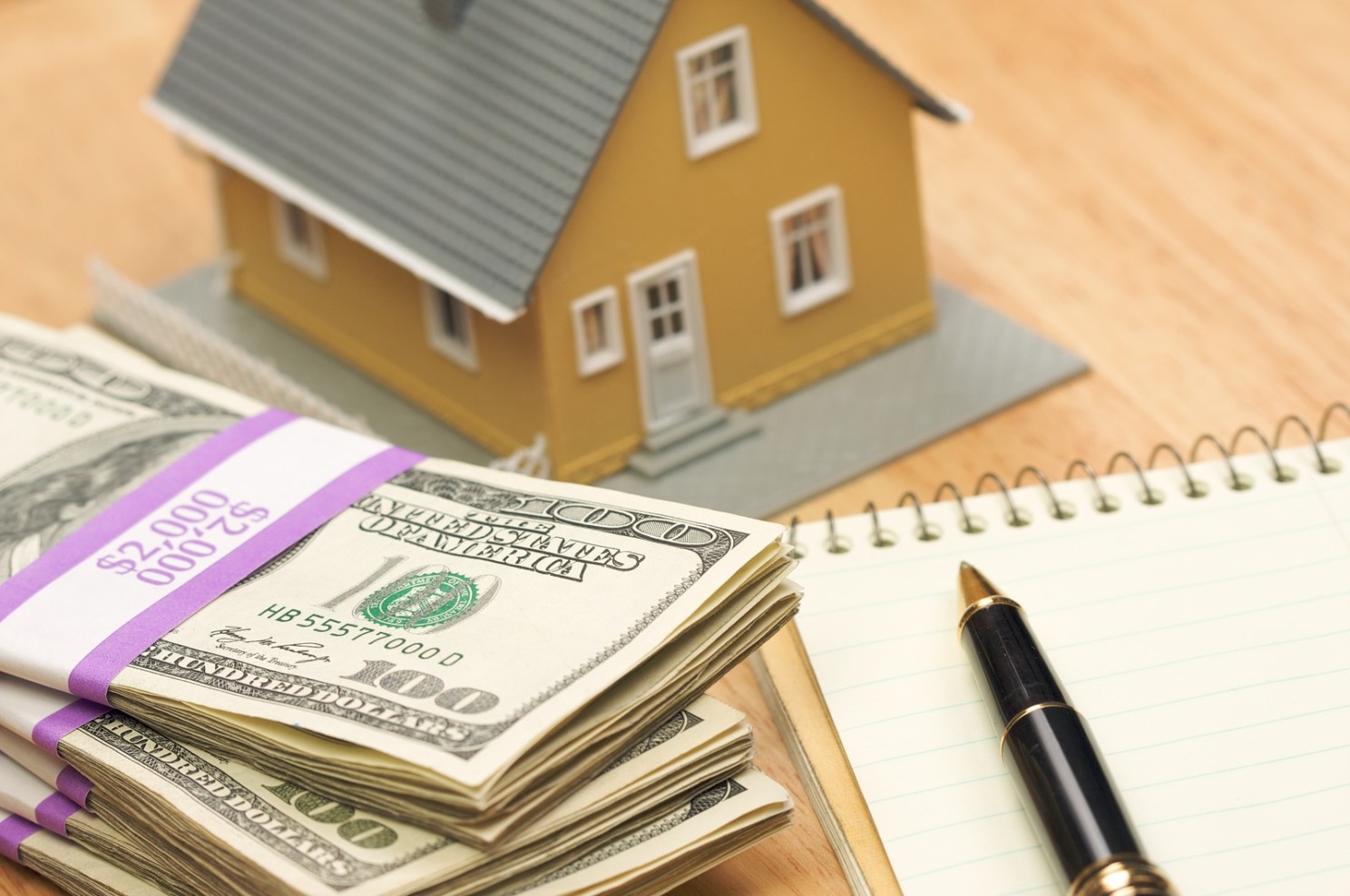
What Are the Additional Costs When Owning Property in Cambodia
- Transfer Tax (Stamp Duty): This is 4% of the value of the immovable property paid upon transfer of the title to the new owner.
- Annual Real Estate Tax (TOIP): Levied at 0.1% of the property’s market value exceeding US$25,000 (approximately 100,000,000 Khmer Riel)
- Rental Income Tax: If one seeks to rent out the property after purchase, there is 14% for foreign owners, based on the gross rental amount.
- Capital Gains Tax: Individuals selling immovable property will pay a 20% Capital Gains Tax. Currently, this tax is levied until the end of 2028.
- Unused Land Tax: This applies to any vacant land without having any buildings. It only requires a 2% tax rate per square metre of the unused land value price and does not require any annual property tax (TOIP) payment.
In Which City To Buy Property?
In Cambodia, Phnom Penh, Sihanoukville, and Siem Reap are the three main cities that draw interest from foreign buyers when it comes to property. But, before investing it is important to understand the dynamics in each city.
Phnom Penh, the capital of Cambodia, is experiencing rapid urbanization, attracting people from across the country seeking better job and education opportunities. The city boasts superior infrastructure, including roads, bridges, and transportation. Economic activities in the capital are significantly more vibrant than in other cities in the country. Therefore, for many, Phnom Penh is an ideal place to invest, especially considering that affordable real estate can be found in prime locations within the city.
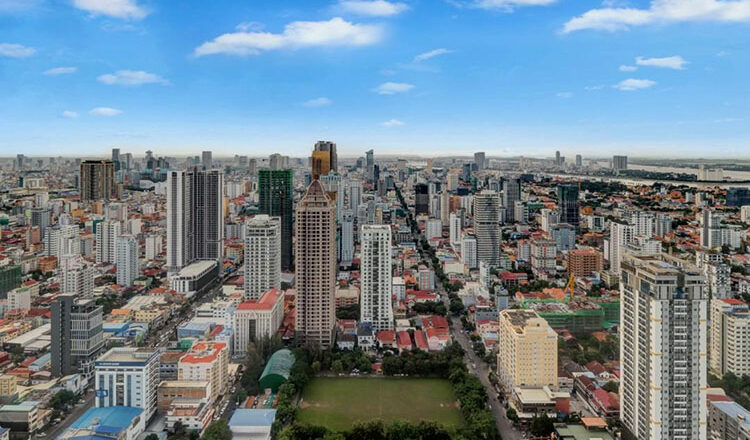
Sihanoukville Cambodia's coastal city, has seen the majority of projects and developments over the past decade. However, the pandemic and ban on online gambling have left many buildings abandoned. To revitalize the city, the government is now encouraging investors with new incentives. Investing in Sihanoukville at an early stage presents unique opportunities, as it is the country's only seaport where the majority of goods are transacted. Sihanoukville is easily easily from Phnom Penh via the expressway. Moreover, it is the gateway to Cambodia’s famous islands, Koh Rong and Koh Rong Sanloem, which are must-visit destinations for tourists.
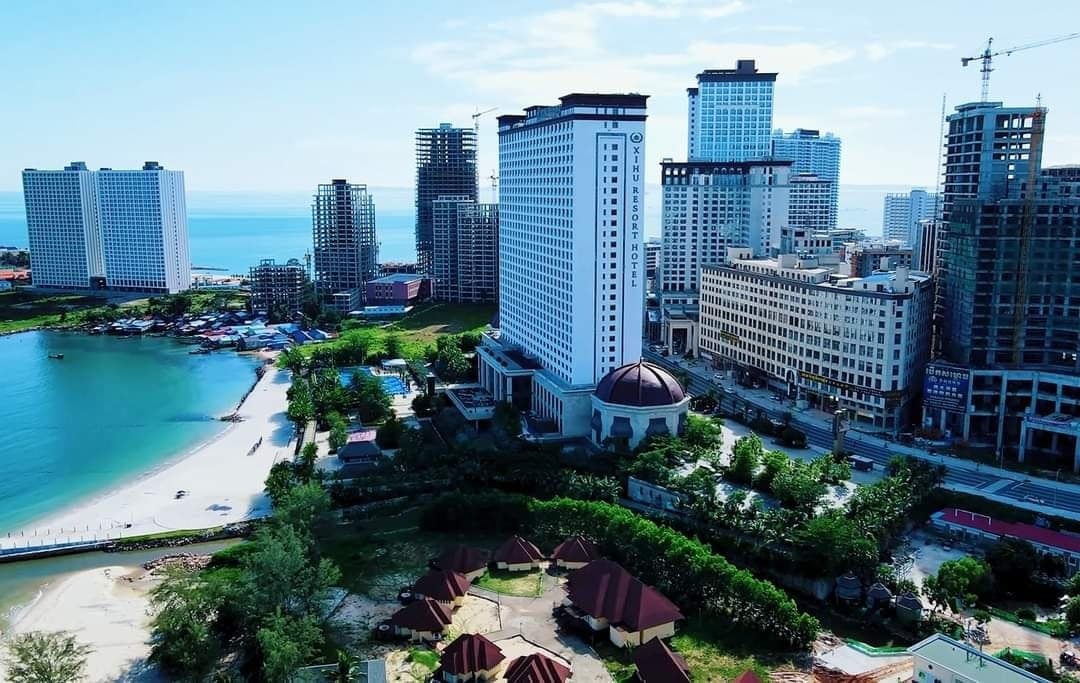
Siem Reap is the ultimate attraction destination in Cambodia, being the main gateway to the Angkor Wat temple, the largest religious structure in the world. Life can be much quieter than in the capital, Siem Reap also enjoys a fair share of activities, mostly revolving around tourism. Hotels, guest houses, and F&B establishments are the main interests for real estate investments
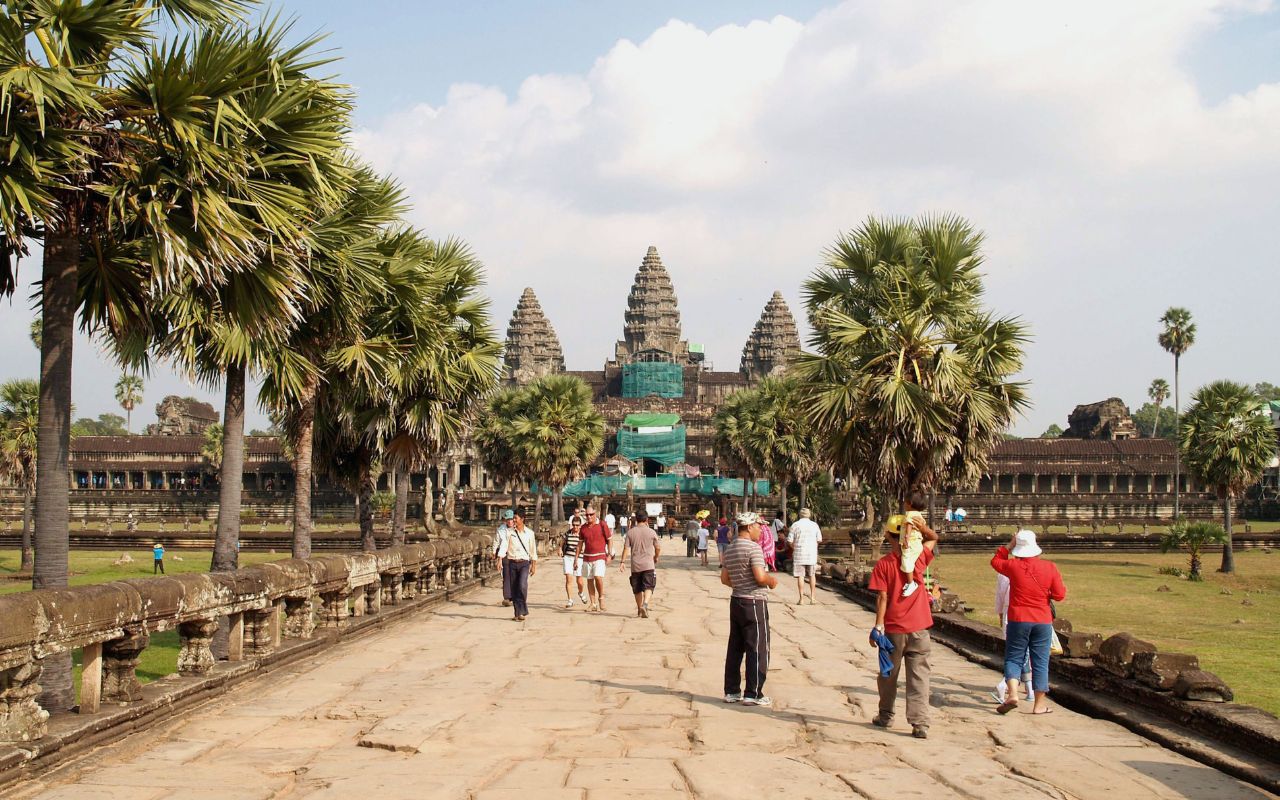
What is the Process of Buying Real Estate?
The process of buying property in Cambodia typically involves working with a real estate agent or agency. It is advisable to seek assistance from an experienced real estate agent and a reputable company to guide you through your acquisition.
The real estate agent or agency acts as a mediator between the buyer and seller, handling payments, negotiations, and other matters. They also ensure that the property documents are legitimate by conducting due diligence.
Once all documents are verified, the agent will prepare a Sales and Purchase Agreement (SPA). This legally binding document outlines the terms and conditions of the transaction. It includes details about both the buyer and seller, a description of the property, the sale/purchase price, payment terms, ownership registration, and handover details.
Where to Buy Real Estate?
Realestate.com.kh is Cambodia's leading property portal for purchasing, selling, and renting property. With over 50,000 active listings on our website, we offer various options to suit your needs. Our experienced real estate agents are ready to advise you on Cambodia's best locations, projects, and investments.
Are you interested in buying property in Cambodia? Our customer service team is ready to assist you. Contact us via:
📞+855 92 92 1000
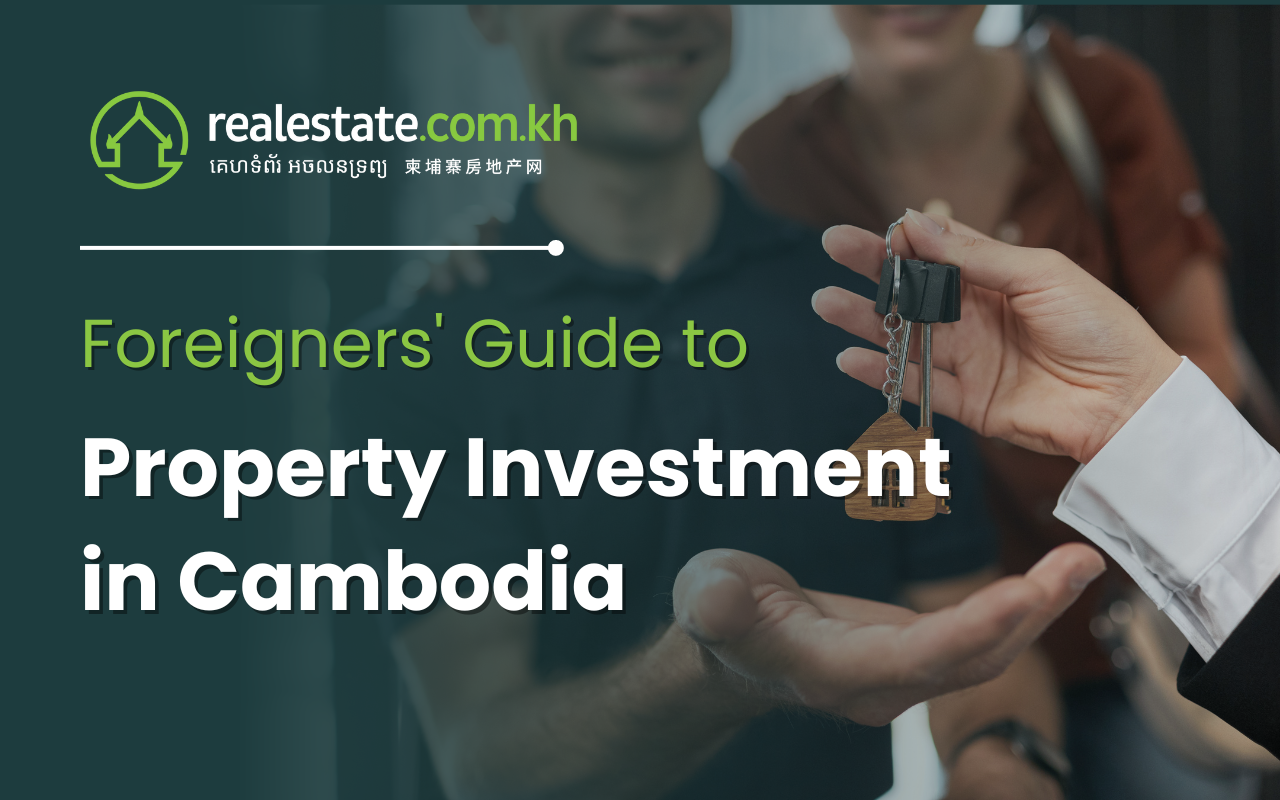
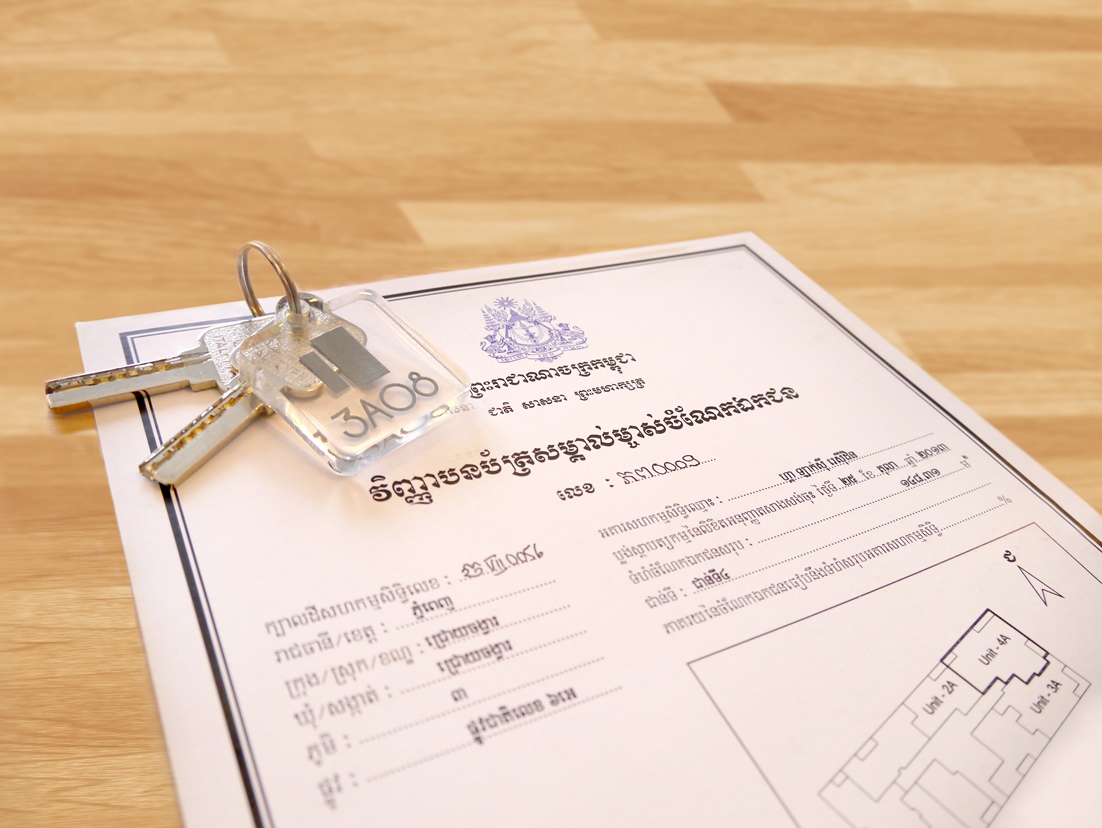
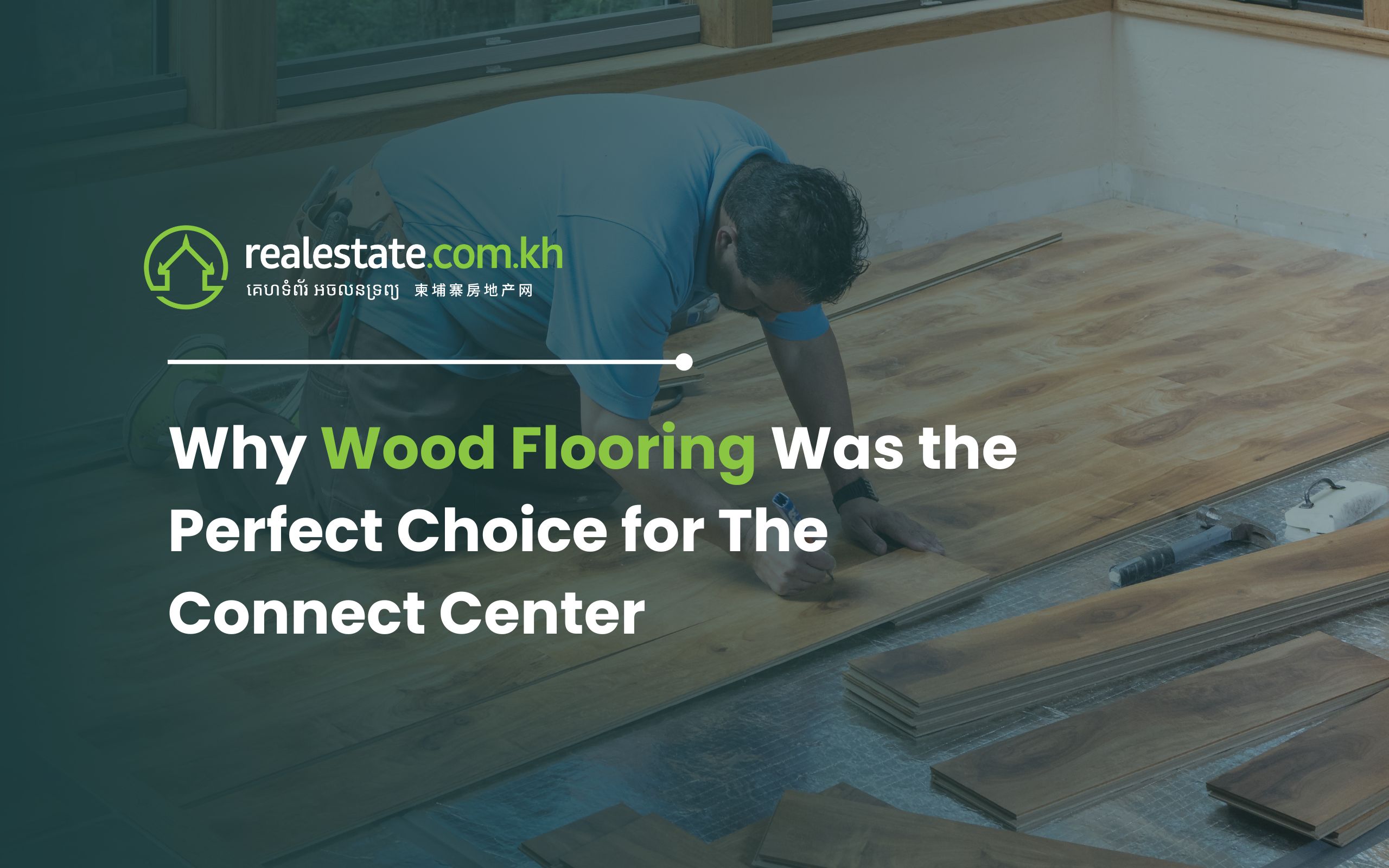
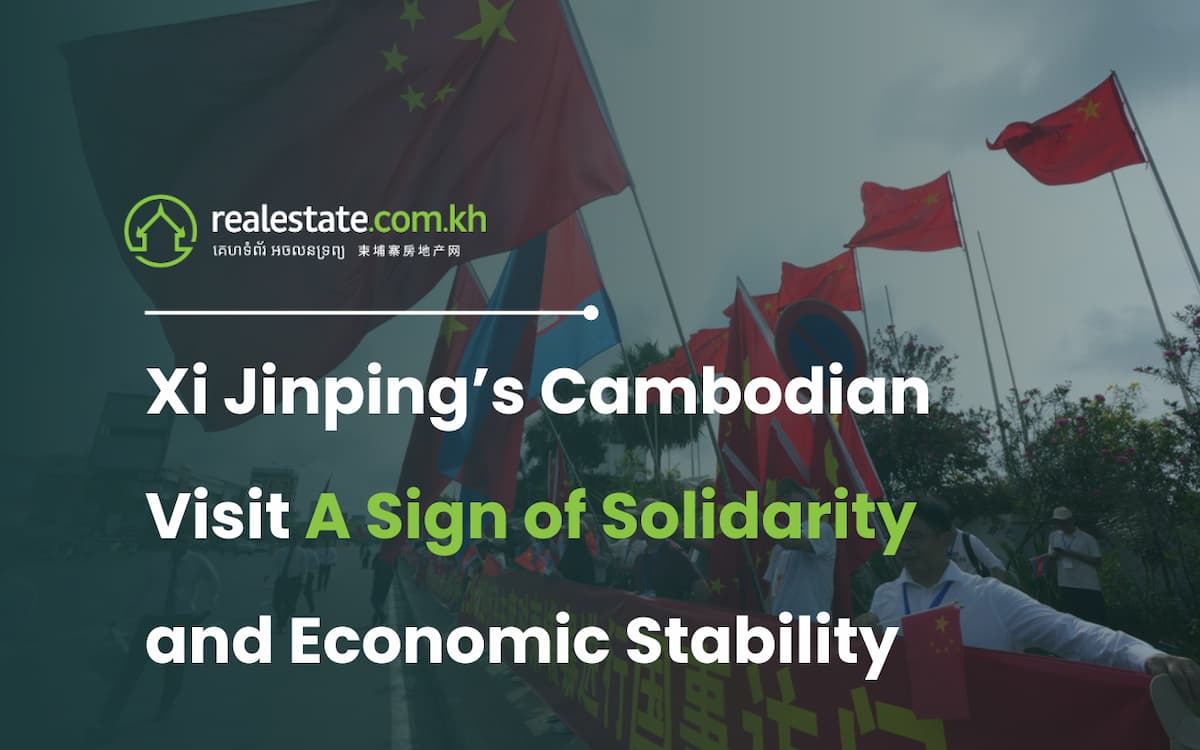
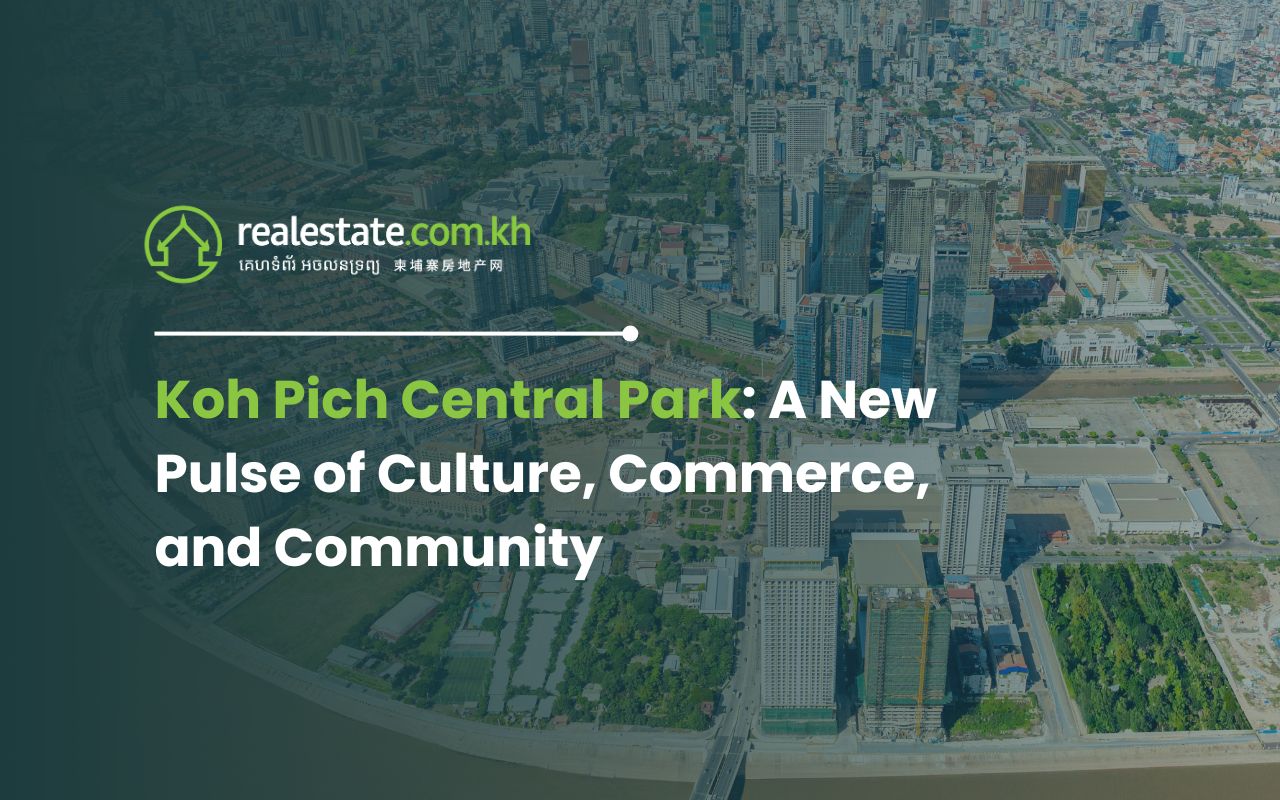
Comments